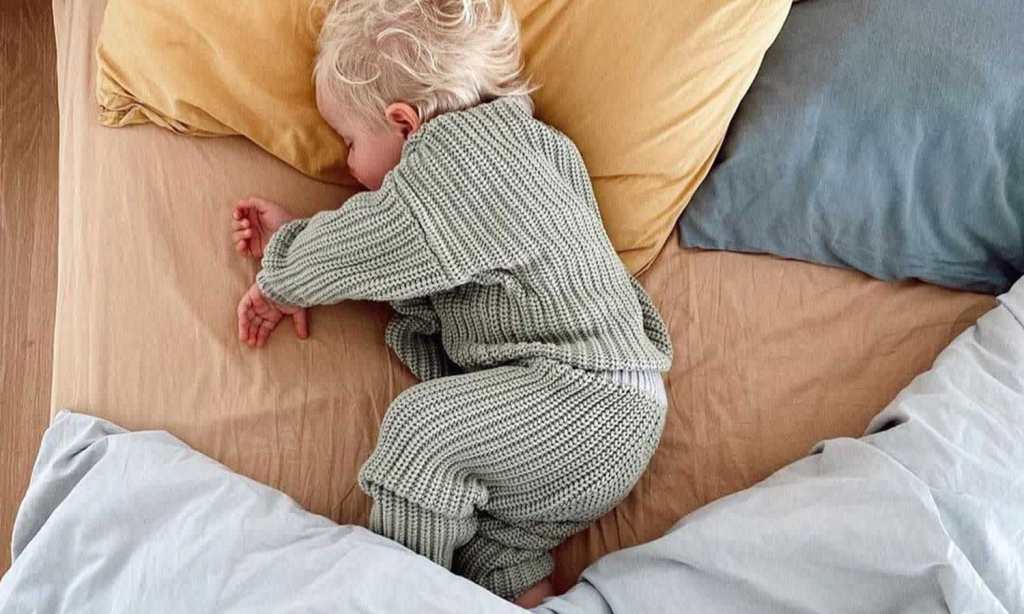Despite steps we’ve taken towards equality, the gender gap still exists in Australia, with
women *still* on average earning $242.90 (13.9%) per week less than men. This is the result of many factors, including overrepresentation in unpaid care and domestic work to
female-dominated industries attracting lower wages.
Although 13.9% might not seem like much, it makes a whole lot of difference. Especially in an era of the COVID-19 pandemic, which has caused a surge in unemployment and economic decline.
The financial impact of the pandemic has hit young Australians hard, especially women. Data collected from women’s telehealth provider Kin shows nearly 70% of women are pointing towards finances as the main thing holding them back, especially when it comes to starting a family.
For 83% of Aussie women, the main factor for delaying having a baby was needing a salary increase. 67% say they want to feel financially secure before taking that next step.
I’m 25, and at my age, my mum was pregnant with me. I’m not even close to feeling prepared to have a child or start a family for a number of reasons, but reading this data, it hit me that one of them, perhaps one of the most important, is that it’d be a financial stretch.
Even though I’m comfortable financially supporting myself, I can’t imagine having to pay for another human on my salary right now, not to mention all the medical costs that come with pregnancy.
I’ve definitely envisaged having a family of my own, but the reality is, in this economic climate in Australia, many young people are just covering their rent and personal expenses. I don’t have any friends my age making enough money to provide for a family, who aren’t getting financial support from their parents.
According to this new research from Kin, one in five women have delayed plans to start a family over the past 12 months due to COVID-19.
It seems that no one has been able to escape the distress from the pandemic, with spikes in mental health struggles, financial hardship and all plans pulled to a screeching halt. This couldn’t be more relatable for 24-year-old Ebony Tallentrye and her partner, who put plans to start a family on hold due to financial uncertainties around COVID-19.
“At the start of last year, my partner and I started trying for a baby. However due to some health issues – I have polycystic ovary syndrome – it hasn’t been easy,” said Tallentrye. “Then the pandemic hit. I wasn’t able to work for a long time and my partner’s salary was reduced.
“With my polycystic ovarian syndrome, I have an insulin resistance and a metabolic disorder, along with irregular periods. I don’t even ovulate every time I have a period, and that’s kind of the key thing we need to happen in order to fall pregnant.
“Our financial situation hasn’t changed for the better over the last year, since the start COVID-19. I’m on a government pension and my partner’s job isn’t a high earning position, so we live week to week.”
Financially, Ebony and her partner struggle to afford fertility specialist appointments on top of regular living expenses, which makes it tough to stay hopeful. Not only does this make Ebony’s dream of becoming a mum feel super out of reach, it also affects her mental health.
“Honestly, I feel really terrible. I feel like a failure because my body isn’t working properly and it feels way out of our reach to have a child of our own. It’s like we can feel it on our fingertips but it keeps travelling further away from us.”
Given Kin’s recent research into womens’ current stance on starting a family, founder of Kin, Nicole Liu, says that economic influences are inevitably going to “shift the ‘pecking orders of tradition'”, as over 30% of the women surveyed said that they were unsure if they wanted to have children.
“The more we can shine a light around the issues and the attitudes we have towards our
reproductive and fertility health, the more we can build research and solutions around it to truly drive the standard for healthcare forward,” she said.
“One of the big inhibitors to women engaging more with their fertility, and seeking out
information, is the lack of comfort in talking to others about their fertility.”
“To make a change and better inform women about their fertility, it’s about bringing the
information that is hidden behind specialist doors closer. Making educational resources and access to contraception easier empowers women to make better informed decisions, with quality healthcare, that impacts their bodies and their reproductive health.”
Read more stories from The Latch and subscribe to our email newsletter







